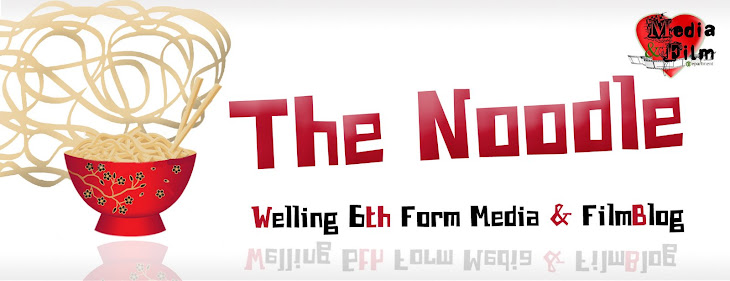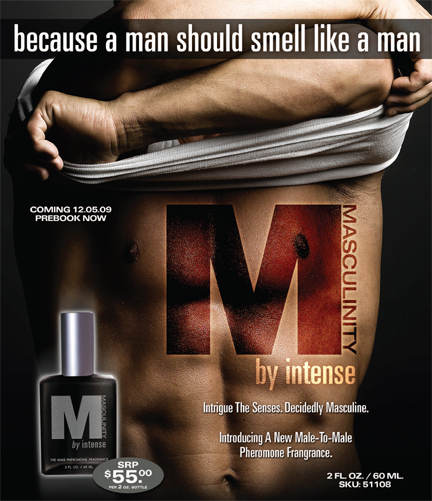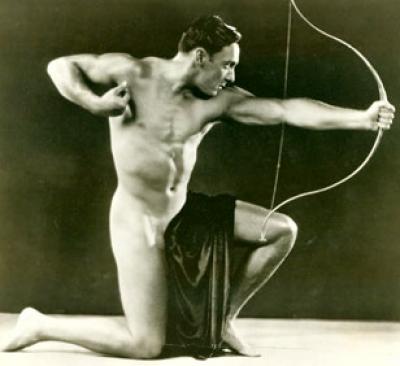Docker’s “Wear the Pants” magazine ad decries the feminization of males. It touts the concept that masculinity is valuable and good, that a lack of masculine men is harmful to society, and that the world needs men to step up and be true men. The advertisement contains a “MAN-ifesto,” shaped in the silhouette of a man (see picture), that says:
Once upon a time, men wore the pants, and wore them well. Women rarely had to open doors and little old ladies never crossed the street alone. Men took charge because that’s what they did. But somewhere along the way, the world decided it no longer needed men. Disco by disco, latte by foamy non-fat latte, men were stripped of their Khakis and left stranded on the road between boyhood and androgyny. But today, there are questions our genderless society has no answers for. The world sits idly by as cities crumble, children misbehave and those little old ladies remain on one side of the street. For the first time since bad guys, WE NEED HEROES. We need grown-ups. We need men to put down the plastic fork, step away from the salad bar and untie the world from the tracks of complacency. It’s Time to get your hands dirty. It’s time to answer the call of manhood. IT’S TIME TO WEAR THE PANTS!
The Docker’s ad campaign reveals that there’s an underlying sentiment amongst men that their masculinity has been devalued. They have been feminized – “left stranded on the road between boyhood and androgyny.” The new cultural definition of manhood does not “fit” with who they are, and they are keenly feeling the disconnect.
Men are not women. They are not genderless. They are not androgynous. They have an innate, God-given bent to initiate and be heroes. They want to untie the world from the tracks of complacency. They want to get their hands dirty. They want to answer the call of manhood. They want to be MEN… and what’s more, they want women to be women.
The ad astutely observes that “today, there are questions our genderless society has no answers for.”
Magazines and Gender: David Gauntlett
http://theoryhead.com/gender/interview2.htm
http://theoryhead.com/gender/interview3.htm
http://theoryhead.com/gender/extract.htm
http://theoryhead.com/gender/interview3.htm
http://theoryhead.com/gender/extract.htm














